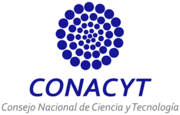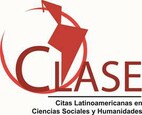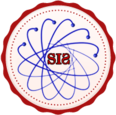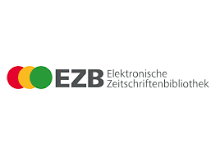The implementation of assistive technologies to alleviate cognitive load in university students.
Abstract
The article emphasizes the importance of using assistive technologies to improve the intellectual development of university students by addressing cognitive difficulties. Cognitive load is highlighted as the mental effort required to process new information and perform complex tasks, which can lead to mental fatigue. The main objective is to evaluate how assistive technologies affect the cognitive load, motivation, and academic performance of university students. A quantitative, descriptive methodology was used, surveying 30 students from the Cesar Vallejo University of Chimbote. The results indicated that technologies such as virtual reality, augmented reality and virtual assistants reduce their cognitive load, improving their cognitive efficiency, intrinsic motivation, and academic performance.




































1.png)







1.png)







